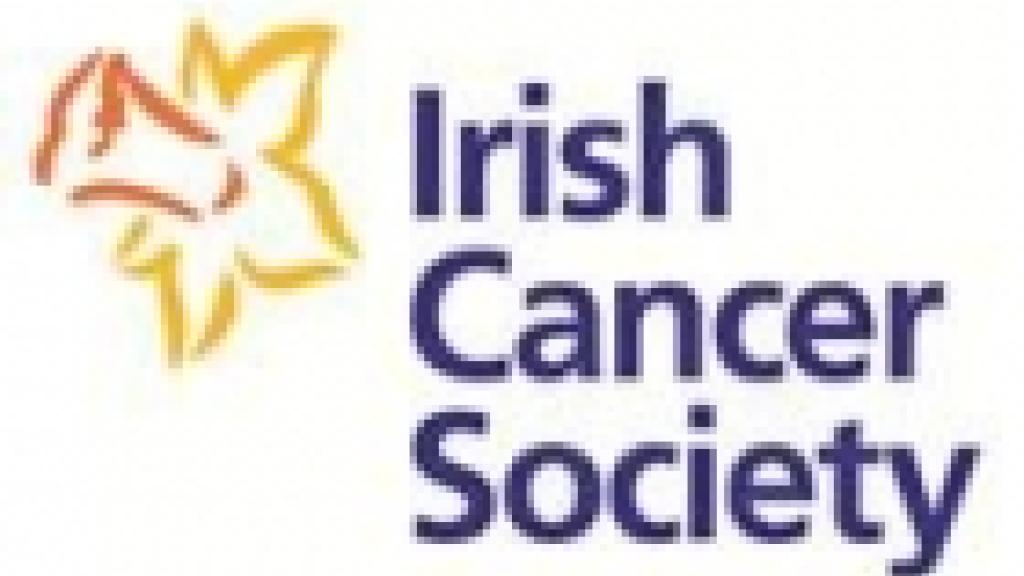
Cancer patients need clarity on discretionary medical cards
The Irish Cancer Society has said that cancer patients in need of a discretionary medical card are no clearer today as to whether they will get or retain a discretionary medical card while they are ill, following the publication of the Report of the Expert Panel on Medical Need for Medical Card Eligibility.
Despite the conclusion by the Expert Panel that “it would not be feasible, desirable nor ethically justifiable to list medical conditions in priority order as a means of determining medical card eligibility”, guidelines on ‘significant medical conditions’ will be drafted by the newly established Clinical Advisory Group. There is no indication of what constitutes a serious disease or how it will be assessed.
Speaking about the report, Ms. Kathleen O’Meara, Head of Advocacy and Communications at the Irish Cancer Society said; “The Irish Cancer Society is disappointed that the opportunity has not been taken to recommend a complete overhaul of the medical card system and the legislation on which it is based. Income will remain the main qualifier for a medical card, with medical need as a secondary consideration. This highlights the urgent need to amend the Health Act of 1970. The Report only recommends that Government should put a plaster over a wound that needs urgent surgical attention.”
“The legislation governing the current system, which assesses patients based on their financial rather than medical need, does not allow for the flexible assessment cancer patients need. The financial impact of a cancer diagnosis is not limited to the immediate costs of the disease; cancer patients have extra costs such as heat and travel expenses. Without a medical card, meeting these costs is extremely difficult for some patients. The Irish Cancer Society made a submission to the Expert Panel which gave an indication of the many costs that are associated with cancer. For many the financial burden of surviving it can be almost as stressful as the disease itself. Many cancer patients would benefit enormously from medical card eligibility.”
The Irish Cancer Society has said there has been an overemphasis on a person’s financial means, without due regard to their medical need and the costs associated with that as well. In its submission, the Society asked the Expert Panel to provide a medical card to all those diagnosed of cancer for the duration of their treatment, including cancer patients whose cancer has returned and for those who have progressed to needing palliative care.
“The need for flexible assessment is highlighted when a patient’s cancer is in remission. While they are free of cancer, they may be suffering from medical consequences arising out of their cancer treatment (i.e. lymphoedema, incontinence, erectile dysfunction, the need for hormone therapy or physiotherapy, dental care, stoma care, etc.). These cancer survivors also need a medical card but the system excludes them,” said Ms. O’Meara.
In these instances it would seem logical and fair that they would retain their medical card whilst they are still in ‘medical need’.
The Irish Cancer Society has welcomed elements of the new proposals, particularly that wider discretion and greater humanity will be exercised by officials. However, the details and practicality of the Government’s announcement is unclear.
The Irish Cancer Society will be campaigning for all cancer patients to be given a medical card in the short term and in the long term, will be seeking a complete overhaul of the medical card system by amending the Health Act (1970) so that decisions are made on health rather than income grounds.
You can read more about our advocacy work here.
